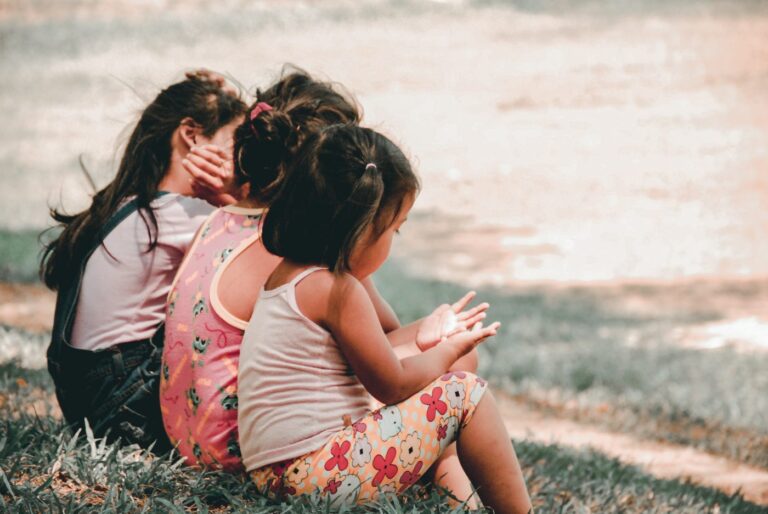This post may contain affiliate links. Read our disclosure policy here. Deals are current as of date and time posted.
Everyone recognizes physical forms of bullying, but relational bullying (spreading rumors, social exclusion, cyber bullying, etc.) can be even more destructive because it is more subtle and harder to identify, said Sandra McLeod Humphrey. Humphrey, author of Hot Issues, Cool Choices: Facing Bullies, Peer Pressure Popularity, and Put-Downs, said this type of bullying is difficult to cope with because it can be devastating to the victim’s self-esteem. She provides some action items for parents and kids to prevent or manage bullying incidents.
Parent Tips: What you can do as a parent to prevent bullying.
- Listen: Encourage your children to talk about school, friends, activities, etc.
- Take your children’s complaints of bullying seriously: Remember that children are often afraid or ashamed to tell parents that they have been bullied and a simple bullying incident may turn out to be quite significant.
- Watch for symptoms of victimization: Social withdrawal, drop in grades, personality changes, etc.
- Use children’s books to initiate a discussion about bullying: Judy Blume’s Blubber is a classic novel about classroom dynamics, shifting alliances, and the bullying that can go on unseen by adults. Trudy Ludwig’s Just Kidding emphasizes the distinction between “tattling” (trying to get someone in trouble) and “reporting” (trying to help someone in trouble). Hot Issues, Cool Choices offers specific bullying scenarios which encourage readers to talk about the choices they would make. And for adults, Barbara Coloroso’s The Bully, the Bullied, and the Bystander provides a wealth of valuable information and suggestions.
Student Tips: Pass these tips along to your children.
Remember, bullying is all about power and control, so try not to give the bully that power or control):
- Ignore the bully when possible: The bully is waiting for you to react, so stay calm and don’t react.
- There’s strength in numbers: Bullies generally don’t pick on groups, so hang with your friends.
- Don’t retaliate in kind: This usually will just escalate the situation. Violence generally leads to more violence.
- Tell an adult you trust: If the bullying continues, tell a parent, teacher, or some other adult you trust.
- Don’t underestimate your role as a bystander: Bystanders can unintentionally facilitate a bullying situation through their inactions or they can choose to help stop it.
Remember, no one deserves to be bullied, so don’t suffer in silence. Do something or tell someone.



